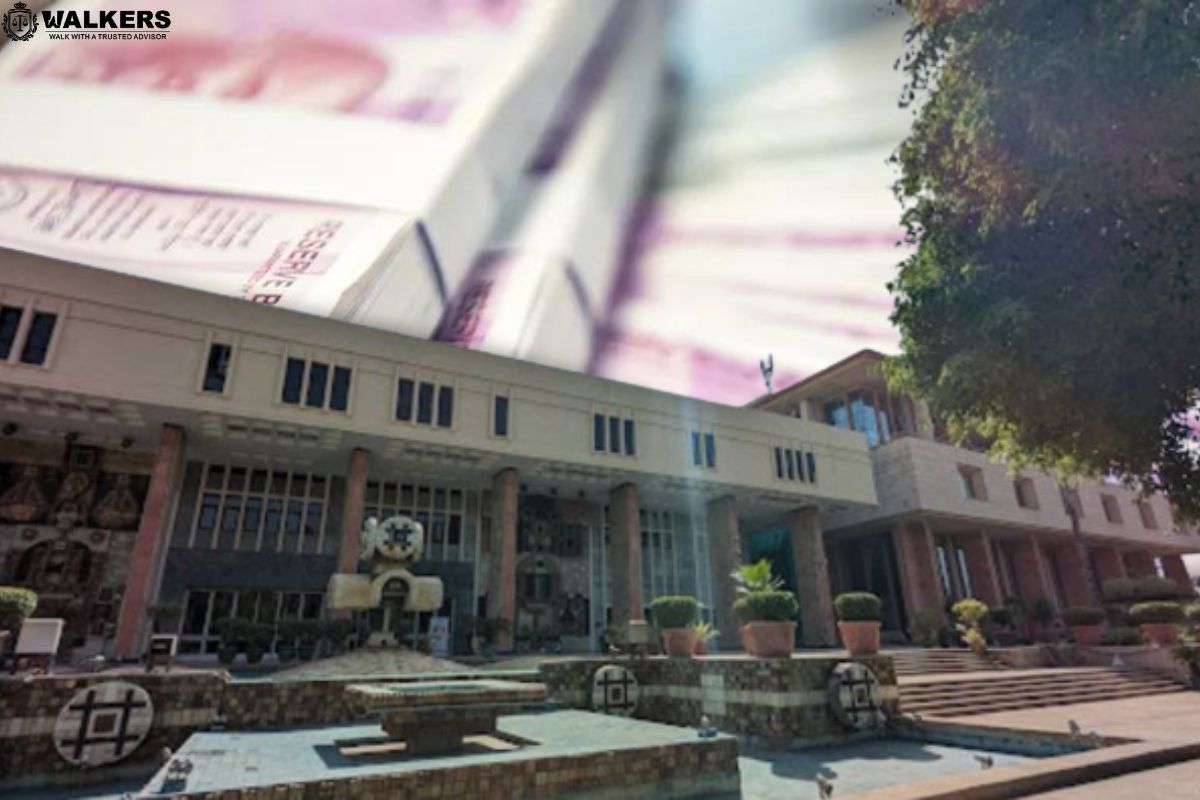


The Delhi High Court dismissed a Public Interest Litigation (PIL) petition challenging the Reserve Bank of India's (RBI) decision to withdraw ₹2,000 currency notes from circulation. The Division Bench, consisting of Chief Justice Satish Chandra Sharma and Justice Subramonium Prasad, rejected the plea filed by advocate Rajneesh Bhaskar Gupta. Gupta argued that the RBI did not have independent power under the RBI Act to discontinue banknotes, contending that only the Central government possessed such authority. However, there was no evidence to suggest that the government had issued any order in this regard.
It is worth noting that the High Court had previously rejected a plea filed by Bharatiya Janata Party (BJP) leader Ashwini Upadhyay, challenging the RBI's decision to exchange the ₹2,000 notes without requiring any identity proof. The Court had stated that the ₹2,000 notes had served their purpose and that the withdrawal decision was a policy matter that should not be interfered with by the courts. The judgment emphasized that the government's decision was not arbitrary, encouraged black money, money laundering, profiteering, or abetted corruption.
Following the Delhi High Court's decision, Upadhyay took his plea to the Supreme Court, where it is currently pending. However, last month, the Supreme Court declined to urgently list the matter for hearing.
TAGS: Delhi High Court Public Interest Litigation (PIL) Reserve Bank of India (RBI) ₹2 000 currency notes Division Bench Chief Justice Satish Chandra Sharma Justice Subramonium Prasad petition advocate Rajneesh Bhaskar Gupta RBI Act Central government Bharatiya Janata Party (BJP) Ashwini Upadhyay identity proof policy matter black money money laundering profiteering corruption Supreme Court pending judgment.